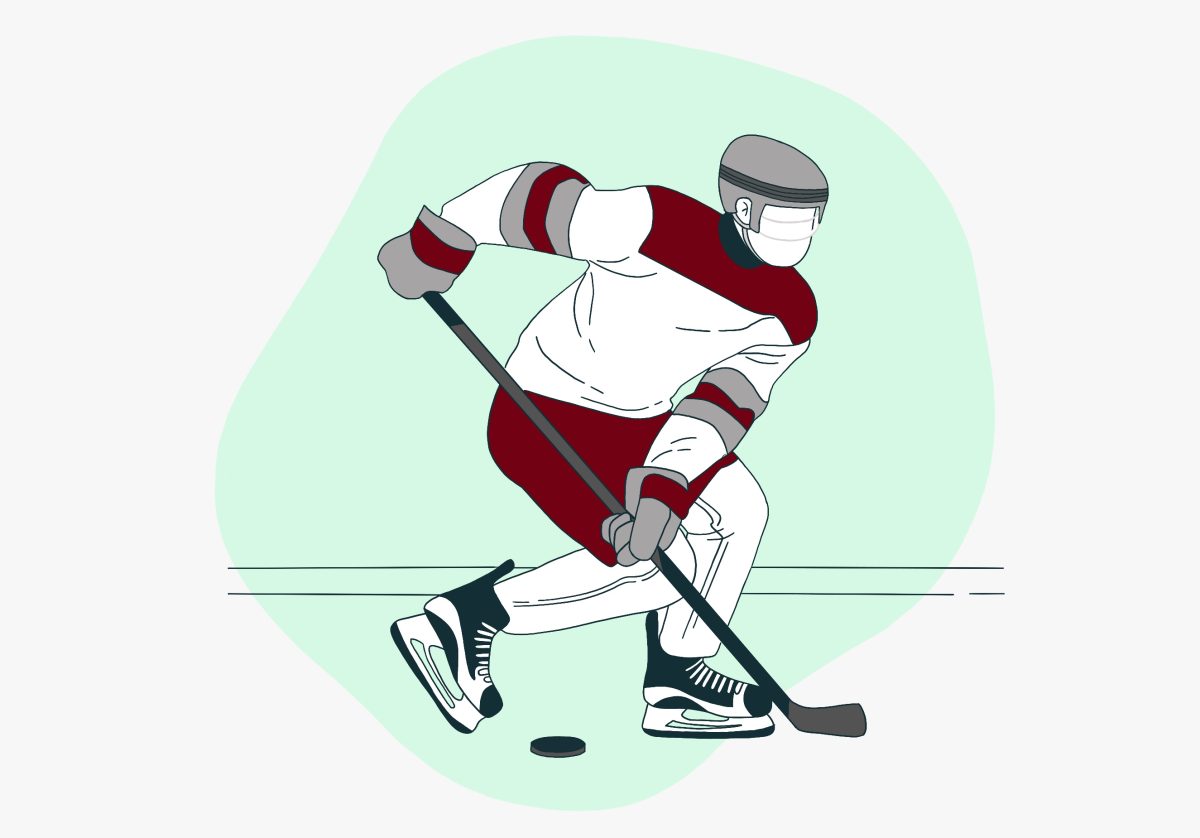More than 80 people gathered at Intermedia Arts in Uptown to hear experts address a puzzling and controversial question Wednesday: What does biology have to do with sexual orientation?
The University Gay, Lesbian, Bisexual and Transgender Programs Office hosted the panel discussion and the community dialogue that followed.
The first in a series of community discussions, the event aimed to initiate a dialogue within the community at large, while depicting diverse biological and social scientific disciplines.
Crossing these disciplines is a major strength of GLBT studies, said Beth Zemsky, director of the GLBT Programs Office and panel moderator.
Panelists included a scientist, a scholar of cultural studies and comparative literature, a psychologist and a public policy coordinator. Within their respective fields, panelists discussed biology’s connection to sexual orientation.
Dr. Walter Brockting, coordinator of transgender services for the Program in Human Sexuality, discussed past scientific research on biology’s ties to sexual orientation.
Studies show a link between gender identity and sexual orientation, Brockting said, but many of the studies are speculative. He said research flaws — such as neglecting to study women and inconsistent results — undermine the legitimacy of the studies.
“Research is often misrepresented in the media and in the community,” Brockting said.
Based on research studies, Brockting said, sexual orientation is not considered an individual’s choice. He said a complicated network of social, cultural, scientific and political factors contribute to the outcome.
“No single scientific theory about what causes sexual orientation has been substantiated,” Brockting said.
Michelle Lekas, a scholar of cultural studies and comparative literature, addressed how such research affects the culture at large and what society does with the research information it receives.
She cited a 1993 Newsweek magazine cover with the headline,”Is Your Baby Gay?” The story addressed the possible existence of a gay gene.
Lekas questioned whether a gay gene, which would render an individual unable to alter his or her sexual orientation, would promote acceptance of the gay community. She said the “I can’t help it” syndrome has not benefitted repressed groups in the past.
“It didn’t make it easier for women or African-Americans to say, ‘I can’t help it,'” Lekas said.
Jane Levin, senior psychologist for University Counseling and Consulting Services, said some of the people she counsels find it empowering to call their sexual orientation a choice, while others prefer to attribute it to biology.
She suggested that research on biological ties to sexual identity must be regarded with criticism. She compared the process to scrutinizing the ingredients on a food label. If the “ingredients” in a research study seem reasonable, she said, their validity can be more readily accepted.
“The most unfortunate consequence of the misuse of research is that it short-circuits the process of coming out,” Levin said.
Bart J. Cannon, public policy coordinator for the statewide GLBT outreach agency OutFront Minnesota, discussed the political role such scientific research takes in a society.
Cannon said homosexuality becomes political when it translates into laws, such as those preventing gays and lesbians from adopting children.
“Homosexuality exists as a political strategy. It is studied because it has a political context,” Cannon said.
University graduate student Emily Pullins said although she has studied biology’s link to sexual orientation at length, she learned from the audience’s interaction with the panelists.
“I got a reading of how the general public feels about this issue,” Pullins said.










